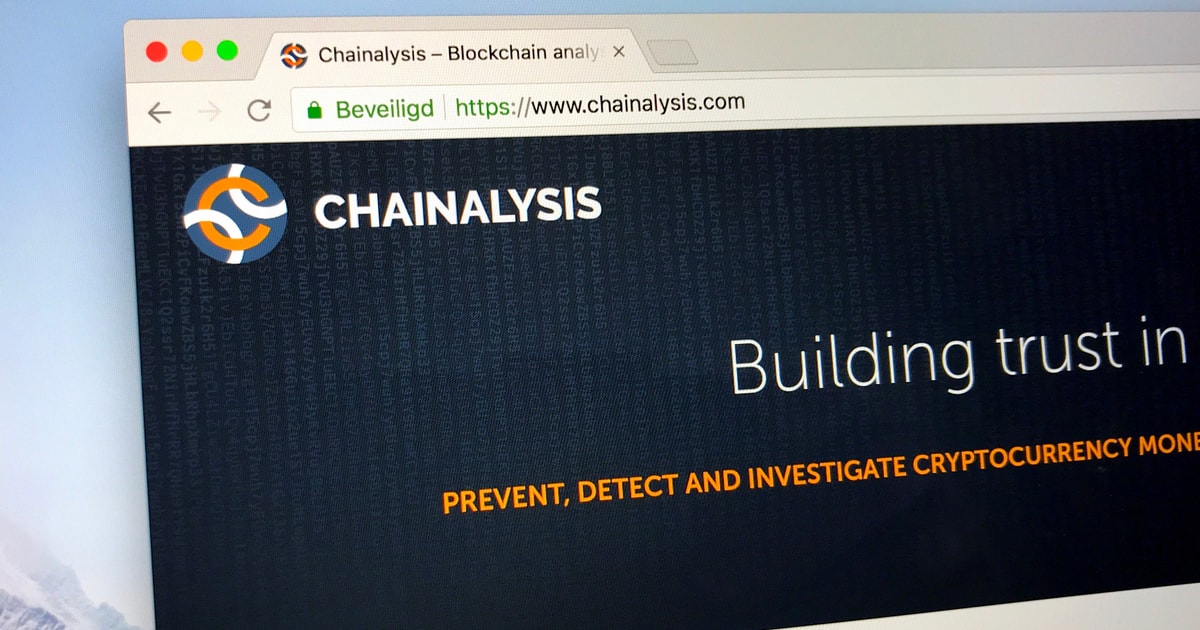Rongchai Wang
November 18, 2025 12:21 p.m
Brazil is introducing a comprehensive regulatory framework for cryptocurrencies that increases legal certainty and security and aligns with global standards. The framework affects both local and international crypto companies.
Brazil is making significant progress in regulating the cryptocurrency sector by introducing a comprehensive new framework. According to Chainalysis, this step is intended to create legal certainty and integrate crypto activities into the financial sector. The framework sets a tight compliance deadline of February 2026, with a nine-month grace period, pushing companies to adapt quickly.
Details about the new framework
Banco Central do Brasil (BCB) has implemented the Virtual Assets Law of 2022 through three resolutions, maintaining its role as the main regulator alongside the Brazilian Securities Commission (CVM) for security-like tokens. Resolutions numbered 519, 520 and 521 establish a framework requiring companies to obtain approval as Sociedades Prestadoras de Serviços de Ativos Virtuais (SPSAVs). This applies to both domestic and international companies, which require a local presence or a partnership with a licensed company.
Important compliance requirements
To obtain approval, companies must comply with strict requirements, including anti-money laundering measures, public transparency and compliance with capital thresholds between R$10.8 million and R$37.2 million. Other mandates include governance, data protection and third party arrangements, all under the supervision of the BCB.
Impact on cross-border transactions
The new regulations also affect cross-border transfers of virtual assets and cover stablecoins under foreign exchange rules. This change ensures that activities such as international payments and virtual asset transfers are regulated, with requirements for customer identification and transaction monitoring.
Cybersecurity and risk management
Given the historic exposure to cyber threats, the framework emphasizes cybersecurity and requires organizations to implement identity management and incident response plans. The BCB also requires strict testing and monitoring of smart contracts to prevent vulnerabilities.
Regional and global implications
This regulatory shift is expected to strengthen Brazil's position as a leader in the Latin American crypto market and align with global standards such as MiCA. The framework could increase institutional trust and participation, although it could also pose challenges for smaller companies due to increased barriers to entry.
Future developments
Brazil's regulatory landscape is set to evolve further, with possible new regulatory capital rules for companies exposed to digital assets. The framework's comprehensive approach reflects increasing recognition of the importance of supervision in curbing illegal activities and promoting industry growth.
Image source: Shutterstock



